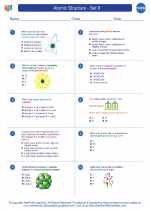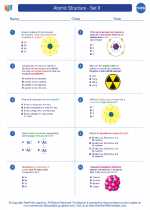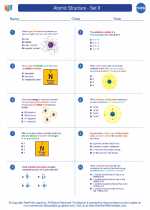Plastic
Plastic is a synthetic material made from a wide range of organic polymers that can be molded into shape while soft and then set into a rigid or slightly elastic form. It is a versatile and widely used material in everyday life due to its durability, lightweight nature, and ability to be molded into various shapes and forms.
Types of Plastics
There are many different types of plastics, each with its own unique properties and uses. Some common types of plastics include:
- Polyethylene (PE)
- Polypropylene (PP)
- Polyvinyl chloride (PVC)
- Polyethylene terephthalate (PET)
- Polystyrene (PS)
- Polycarbonate (PC)
Properties of Plastics
Plastics have a wide range of properties that make them useful in various applications. Some key properties of plastics include:
- Flexibility
- Durability
- Lightweight
- Insulation properties
- Chemical resistance
- Transparency or opacity
Uses of Plastics
Plastics are used in a multitude of applications across different industries. Some common uses of plastics include:
- Packaging materials
- Construction materials
- Electrical insulation
- Automotive parts
- Medical devices
- Consumer goods
Environmental Impact
While plastics offer many benefits, they also have a significant environmental impact. Improper disposal of plastics can lead to pollution of land and water bodies, and plastics can take hundreds of years to degrade in the environment.
Study Guide
To better understand the topic of plastics, students can consider the following study guide:
- Research and compare the properties of different types of plastics.
- Investigate the environmental impact of plastic pollution and explore potential solutions.
- Conduct a case study on a specific industry's use of plastics and its impact on the environment.
- Examine the chemical structure of common polymers used in plastics and how it relates to their properties.
- Explore the advancements in biodegradable plastics and their potential to reduce environmental impact.
Understanding the properties, uses, and environmental considerations of plastics is essential for anyone studying chemistry or interested in materials science.
[Plastic] Related Worksheets and Study Guides:
.◂Chemistry Worksheets and Study Guides High School. Atomic Structure - Set II

 Worksheet/Answer key
Worksheet/Answer key
 Worksheet/Answer key
Worksheet/Answer key
